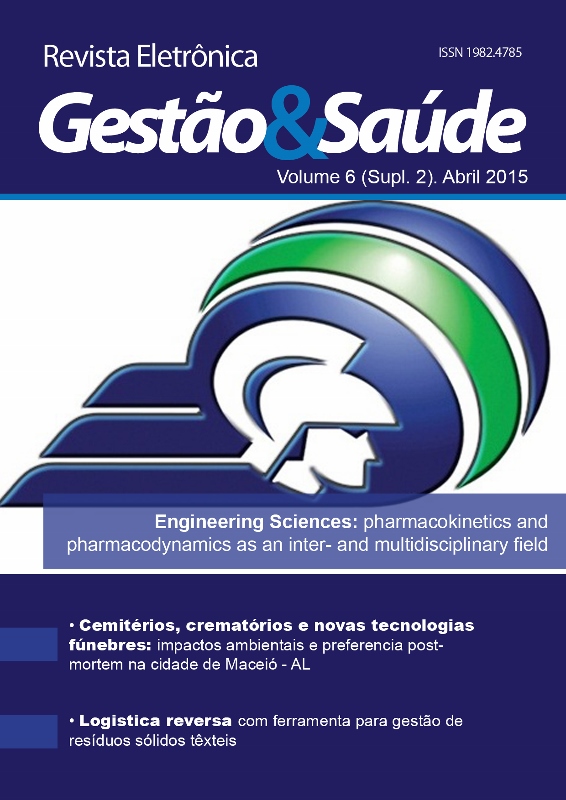Three hundred:
active and collaborative learning as an alternative to the problem of test anxiety
Resumo
There are several factors that influence the low index graduates in engineering courses such as the lack of sufficient previous concepts for meaningful learning, the gap between what is taught and the labor market and the insistence on the traditional model of teaching and learning that in most cases, it is shown inefficient. However, a very important and underexplored aspect is related to the strategy of assessment used learning,especially concerning the stress and anxiety it causes in some students. In this context, this paper aims to present the continuation of a project entitled "Humanized Test" that studied the constructs of nervousness and anxiety of first-year students in tests. In the first stage, it observed that 67% of research participants had a level of anxiety that can cause low performance in assessments and in 44% of texts there was the terms such as "insecurity", "nervousness" and "anxiety". In the second stage, we attempted to use one methodologie based on active and collaborative learning to resolve this problem and resulted in an improvement in the pass rate and in controlling anxiety.
Downloads
Downloads
Publicado
Como Citar
Edição
Seção
Licença
Declaro que o presente artigo é original, não tendo sido submetido à publicação em qualquer outro periódico nacional ou internacional, quer seja em parte ou em sua totalidade. Declaro, ainda, que uma vez publicado na Revista Gestão & Saúde editada pela Universidade de Brasília, o mesmo jamais será submetido por mim ou por qualquer um dos demais coautores a qualquer outro meio de divulgação científica.
Através deste instrumento, em meu nome e em nome dos demais coautores, porventura existentes, cedo os direitos autorais do referido artigo à Revista Gestão & Saúde e declaro estar ciente de que a não observância deste compromisso submeterá o infrator a sanções e penas previstas na Lei de Proteção de Direitos Autorias (Nº9609, de 19/02/98).


 Revista Eletrônica Gestão & Saúde está licenciado com uma Licença
Revista Eletrônica Gestão & Saúde está licenciado com uma Licença 